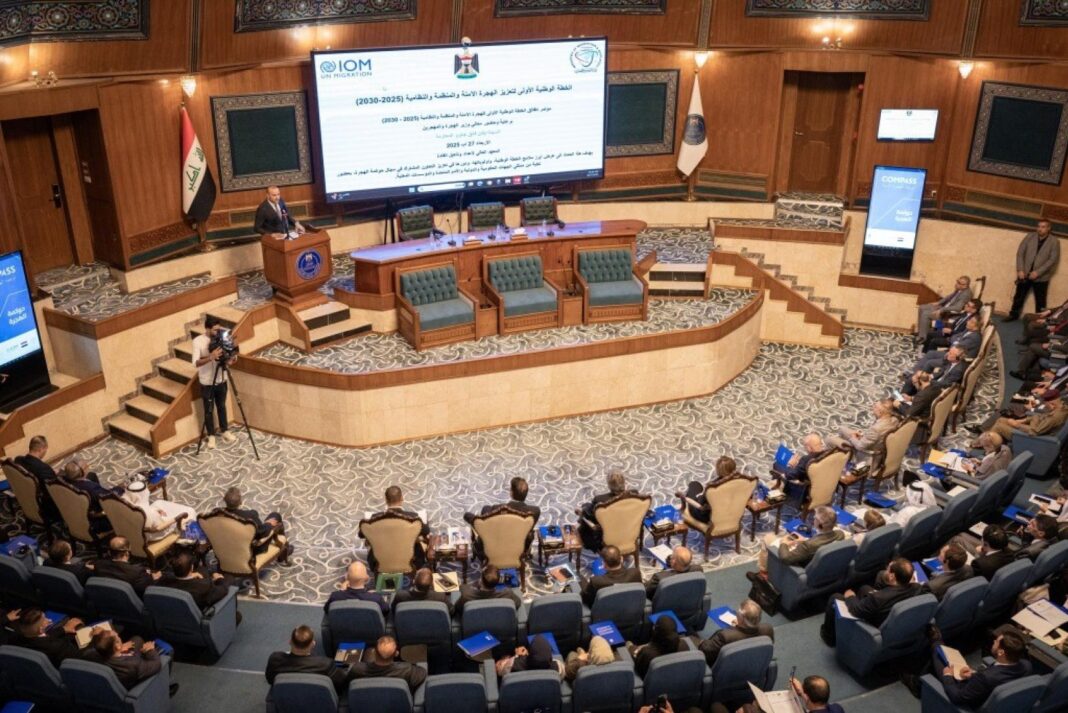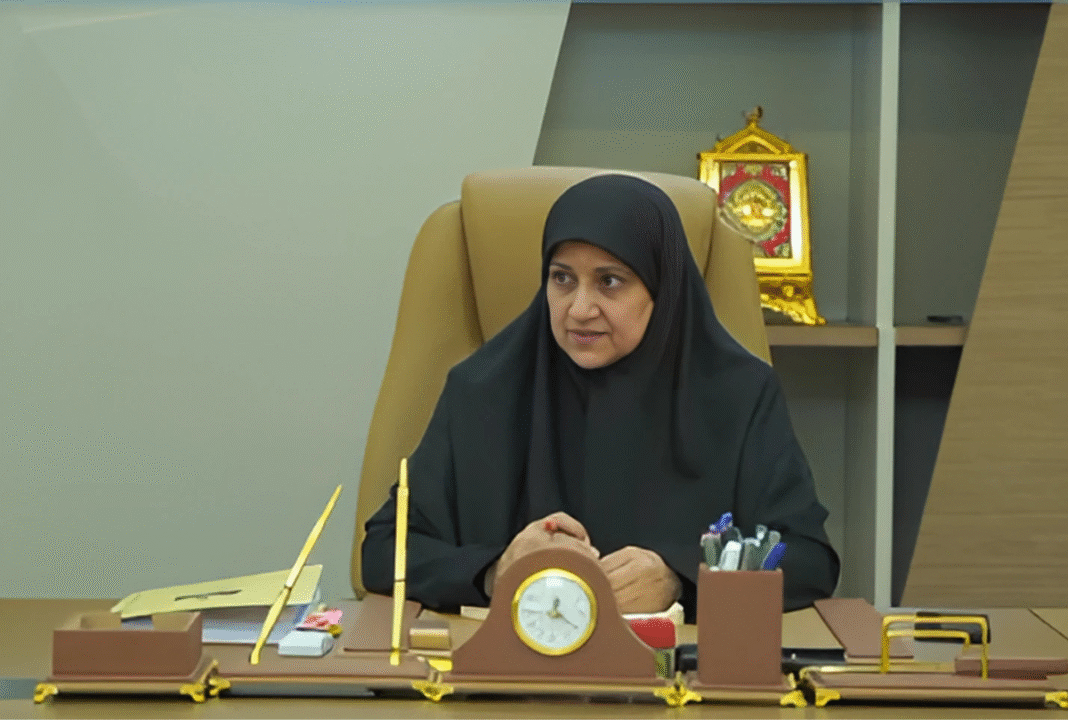Iraq has achieved a major milestone by launching its first national migration plan. This five-year strategy promotes safe and organized movement channels. The initiative highlights the Iraq national migration plan, which serves as a key tool for achieving its goals. It aims to enhance employment, education, and family reunions while strengthening migration governance.
According to the International Organization for Migration (IOM), this plan positions Iraq as a regional benchmark. It demonstrates how coordinated national leadership can transform migration into opportunity, stability, and growth. IOM Deputy Director General for Operations Ugochi Daniels emphasized that evidence-based policies, tailored to people’s needs, can benefit both communities and the country.
The plan comes amid a growing migration landscape. Approximately two million Iraqis live abroad, while many others consider relocating for work or education. Over the past seven years, more than 58,000 Iraqis have returned home to rebuild their lives. Additionally, Iraq hosts more than 370,000 migrant workers, mainly employed in construction and domestic labor, according to IOM statistics.
The Iraq national migration plan was developed under the Ministry of Migration and Displaced, with support from IOM and the Dutch government. It translates international commitments into actionable national strategies. The plan introduces programs to expand safe movement pathways. It also provides employment support and improves access to education and social services for returnees and migrants.
The plan also prepares Iraq for global engagement. Its implementation aligns with international preparations for the 2026 International Migration Review Forum (IMRF), emphasizing the country’s proactive role in shaping migration policy and cooperation. By introducing structured programs, Iraq aims to reduce irregular migration, strengthen social cohesion, and support sustainable development.
Experts believe the Iraq national migration plan will bring long-term benefits. It creates opportunities for human capital development while addressing challenges related to migration. With clear objectives, the plan also ensures that migration contributes to economic growth, social stability, and humanitarian protection for citizens and migrants.
Through this initiative, Iraq sets an example of how strategic planning and international collaboration can convert migration into a driver of national progress. The government aims to ensure that every policy not only addresses challenges but also maximizes the opportunities migration can offer.



